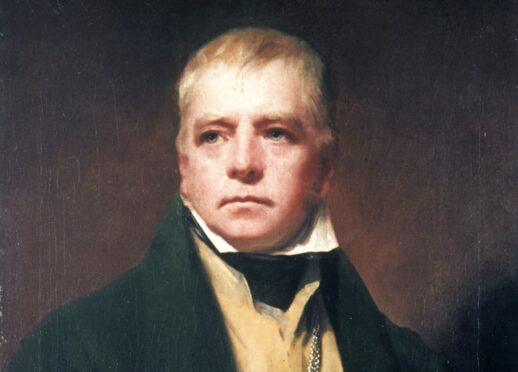
As a boy, Walter Scott was present, sitting on the floor, while Robert Burns recited in an Edinburgh salon. He never forgot the explosion of Scottish talent the poet represented.
By the same token, he would be astonished by Scotland’s literary scene today; the variety, the quality, and the power of it, the way it is showing the depth of the country.
He would cheer these voices on and I believe they would transform his understanding of the nation he loved.
Many people abroad, when they think of Scotland, are thinking of things put into play by Walter Scott. The tartan, the clans, the idea of a proud and adventurous people with brilliant traditions – it all pours from the novels of Walter Scott.
Many of the masters of the European novel adored him, Tolstoy, Stendhal — they credited him with inventing the historical novel, and he’s a giant figure when it comes to Scotland’s contribution to world culture.
If he were alive today, I believe Walter Scott would be helping define a new Scotland. His hope to unify the people of these islands would have run aground in recent years: he was too intelligent not to see that the Union he believed in had run its course. So, Walter Scott today would have supported an independent Scotland.
He would have understood that modern life and modern technology required Scotland to be answerable to itself, whatever the short-term cost.
Scott invented Scotland, in a sense, and would have been up to the task of reinventing it, too.
Andrew O’Hagan’s acclaimed novel Mayflies is out now in paperback.

Enjoy the convenience of having The Sunday Post delivered as a digital ePaper straight to your smartphone, tablet or computer.
Subscribe for only £5.49 a month and enjoy all the benefits of the printed paper as a digital replica.
Subscribe